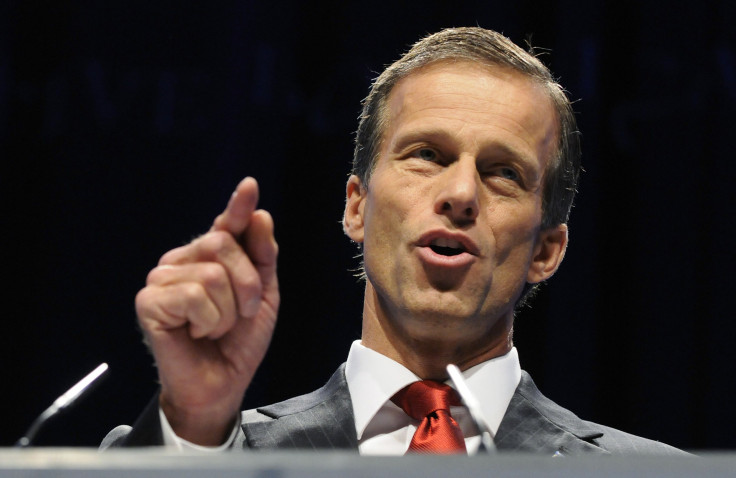Senate Republicans Rebuff Democrats Over Transportation Safety

(Reuters) -- Senate Republicans on Wednesday gave oversight approval to a measure intended to facilitate multiyear highway funding efforts in Congress but came under fire from Democrats who said the measure rolled back key rail and highway safety provisions. The Senate Commerce Committee voted 13-11 along party lines to send the "Comprehensive Transportation and Consumer Protection Act of 2015" to the floor of the Senate, where it is expected to form part of new long-term infrastructure investment legislation.
Sen. John Thune, the panel's Republican chairman, told a hearing that the legislation includes important port, rail and auto safety reforms for what could be a six-year funding bill.
But Democrats warned that the hearing's partisan debate could make it hard to reach full Senate agreement on a larger infrastructure package.
"There's no reason why we have to pass a surface transportation bill that basically is more about rolling back the safeguards of current law in the areas of automobiles and trains," said Senator Maria Cantwell, a Democrat from Washington state.
Republicans rejected Democratic initiatives that sought to eliminate language that would repeal a new oil train safety regulation [ID: L2N0ZT0VW], extend the current end-2015 deadline for railroads to adopt new safety equipment known as positive train control and allow trucking companies to begin using drivers as young as 18 on interstate runs from the current minimum age of 21.
With some help from Democrats, Republicans also defeated auto safety amendments that would have enhanced funding for the National Highway Traffic Safety Administration, bolstered civil and criminal penalties for automakers that resist recalling defective vehicles and required auto regulators to share early warning defect information with the public.
NHTSA has come under fire from lawmakers and administration officials in recent years for internal failures that prevented the agency from moving quickly to protect the public from deadly defects including faulty General Motors Co ignition switches and Takata Corp air bag inflators.
Among other things, Democrats sought to do away with a $35 million civil penalty cap for automakers and require used car dealers to repair defects before reselling recalled vehicles.
In the underlying bill Republicans support a doubling of the maximum penalty that NHTSA can impose on automakers, from $35 million to $70 million, but only after the agency meets performance standards set by government auditors.
© Copyright Thomson Reuters 2024. All rights reserved.







